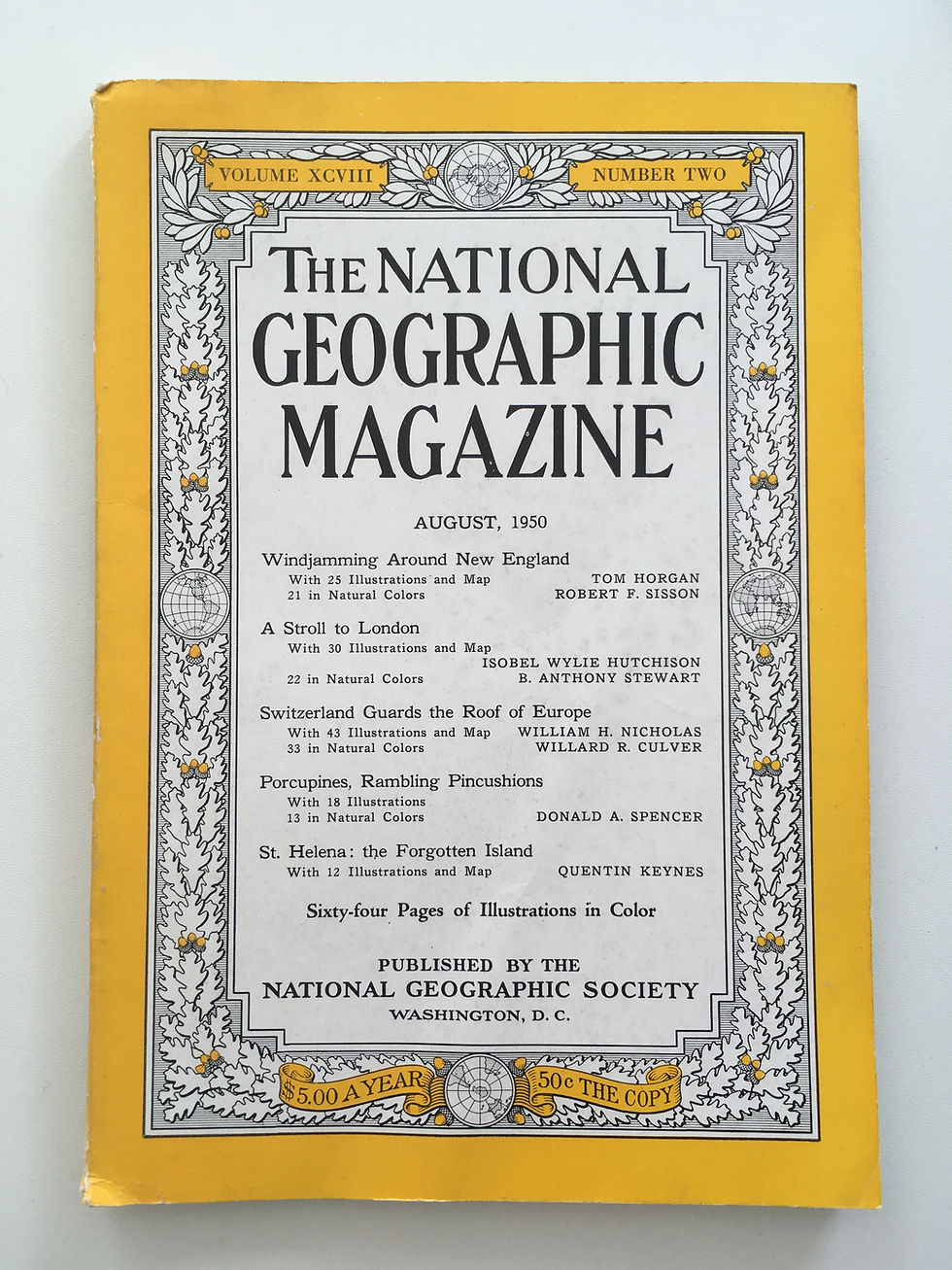Isobel the Writer
- Valerie Lindsay
- Sep 13, 2022
- 3 min read

Isobel wrote six books of poetry and seven books recounting her travels
In 1966 UNESCO created International Literacy Day to raise awareness of this basic human right which most of us take for granted. The ability to read and write is fundamental to the welfare of individuals, communities and societies and although this day has been celebrated on September 8th since 1967, recent estimates suggest that there are still over 700 million people world-wide who lack basic literacy skills – the majority being women and children.
When Isobel was born (1889), books were the main source of communication. Indeed, it was the Victorians who first recognised the economic benefits of education for all. The 1870 Education Act, made reading, writing and arithmetic compulsory for all children between the ages of 5 and 10, though in reality poorer families were often still reliant on the extra income their children could generate and had to be persuaded that education was more than just the ability to read books.
Isobel was lucky. Not only was she born into a wealthy family, who employed various teachers for her, but she was also encouraged to be a lifelong learner. Early contributions to the family newssheet (The Scribbler) show how keen Isobel was to put pen to paper, with poems and articles highlighting her interest in the natural world. She went on to speak seven languages (Italian, Gaelic, Greek, Hebrew, Danish, Icelandic, Greenlandic), wrote six books of poetry and seven books recounting her travels as well as a play, ‘The Calling of the Bride”. Alongside this, Isobel wrote 12 articles for National Geographic and contributed to numerous others in her quest to educate the world on the wonders of the northern hemisphere. Even by today’s standards she could be considered highly educated.

Isobel wrote 12 articles for National Geographic
Whether it was her early access to teaching or her innate curiosity that drove Isobel, there’s no doubt that her achievements would have been diluted, downplayed or at worst forgotten, had she not had the ability to share her first-hand accounts on paper. Her tales are all the richer and more meaningful because they’re in her own words and though she went on to be an accomplished photographer, film maker and botanist, it’s her written work that has captured the imagination of generations since.
Each year, Carlowrie Castle, Isobel’s birthplace and home, gives an award in her name to those who have risen to challenges and left a positive impact in their wake. In 2021, it was awarded to a youth writing charity, the Super Power Agency, who work in schools to encourage disadvantaged and under resourced young people to commit their stories to paper. One of the first books the Super Power Agency published was the ‘Leithers Guide to Leith.’ Written by pupils of Leith Academy this gives readers inside knowledge of the area, which has changed immeasurably since Isobel’s grandfather, Thomas Hutchison, held the post of Lord Provost there in the 1800’s. It’s a fitting tribute to the launching port for many of Isobel’s early expeditions and a copy of the guide is now part of the archives of the National Library of Scotland alongside Isobel’s own writings.
Isobel was 77 years old when International Literacy Day was first celebrated and still working as Vice President of the Royal Scottish Geographical Society. Without her literacy skills, her adventures would likely have been lost. If you’re reading this blog post be thankful that you are part of the 86% of the literate world.






Comments